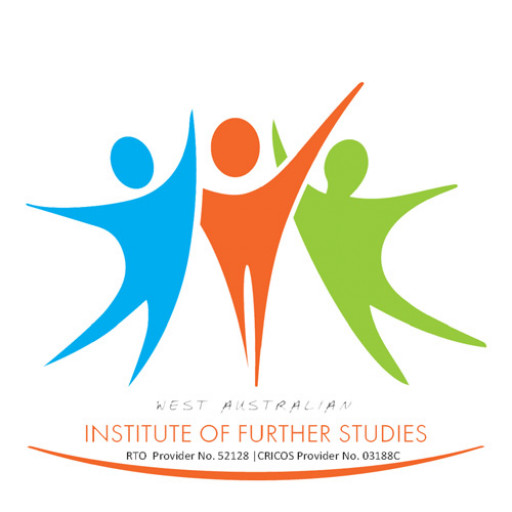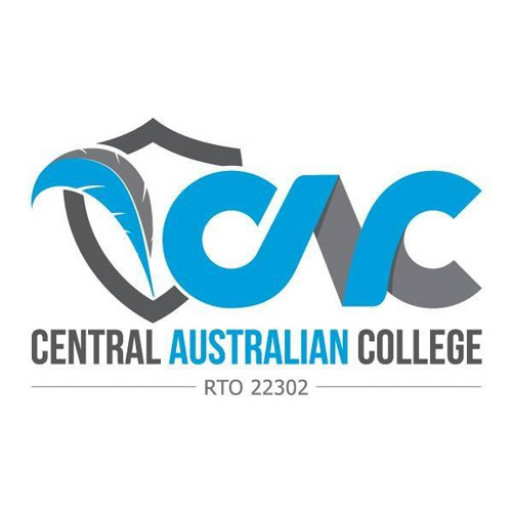Photos of university / #rmituniversity
Laboratory Technology at the Royal Melbourne Institute of Technology (RMIT) offers students a comprehensive education in the principles and practices of modern laboratory science. This program is designed to equip graduates with the technical knowledge and practical skills necessary to work across a wide range of scientific and analytical fields, including clinical, environmental, food, and industrial laboratories. Throughout the course, students gain hands-on experience with state-of-the-art laboratory equipment and techniques, ensuring they are well-prepared to meet the demands of the fast-paced laboratory environment. The curriculum covers essential topics such as biochemistry, microbiology, analytical chemistry, hematology, and molecular biology, providing a solid foundation in laboratory procedures, safety protocols, and quality assurance measures. Emphasizing both theoretical understanding and applied skills, the program integrates practical laboratory training with academic coursework, enabling students to develop critical thinking and problem-solving abilities. RMIT's laboratory facilities are equipped with industry-standard instruments, providing students with real-world experience that aligns with current industry standards and practices. Graduates of the program are prepared for employment in various sectors, including healthcare, research institutions, environmental agencies, food testing laboratories, and pharmaceutical companies. The program also offers pathways for further study, such as postgraduate qualifications in related scientific disciplines. Faculty members are experienced professionals and researchers committed to mentoring students and fostering an environment of innovation and excellence. By completing this program, students will acquire the technical expertise, professional skills, and confidence needed to excel in the dynamic field of laboratory technology, contributing to advances in science and improvements in public health and safety.
Laboratory Technology at the Royal Melbourne Institute of Technology (RMIT) offers a comprehensive and practical education designed to equip students with the necessary skills and knowledge to excel in modern laboratory environments. This program emphasizes a strong foundation in scientific principles, laboratory techniques, and industry best practices. Throughout the course, students gain hands-on experience in a variety of disciplines such as biochemistry, microbiology, hematology, clinical chemistry, and molecular biology. The curriculum includes both theoretical coursework and practical laboratory placements, ensuring students are well-prepared for careers in diagnostic laboratories, pharmaceutical companies, research institutes, and biomedical industries.
Students will learn about laboratory safety protocols, quality assurance, and laboratory management to ensure compliance with industry standards and regulations. The program also covers advancements in laboratory technologies, such as automation, spectroscopy, and PCR techniques, reflecting the rapid technological developments in the field. Emphasis is placed on developing critical thinking, analytical skills, and attention to detail necessary for accurate laboratory testing and data interpretation.
Additionally, the program prepares students for certification examinations and professional accreditation, enhancing their employment prospects. Collaboration with industry partners provides real-world experience and networking opportunities, fostering a deeper understanding of workplace expectations. Graduates of the Laboratory Technology program will be capable of working efficiently in multidisciplinary teams and adapting to emerging scientific challenges. This program is ideal for individuals passionate about science, innovation, and making a meaningful contribution to healthcare and research sectors. With an emphasis on practical skills and industry relevance, the Laboratory Technology program at RMIT aims to produce skilled professionals ready to meet the demands of the evolving laboratory landscape.
Entry within this qualification is open to those that:hold a Certificate IV in Laboratory Techniquesorhold a relevant Certificate IV or higher degree qualification in a suitable science disciplineorcan demonstrate equivalent skills and knowledge in a related science field into any of the above qualifications.
The Bachelor of Laboratory Technology at the Royal Melbourne Institute of Technology (RMIT) offers a diverse range of financing options to support students throughout their studies. Domestic students can access government-funded financial assistance programs, including HECS-HELP, which allows eligible students to defer their tuition fees until income thresholds are reached. This scheme significantly reduces upfront financial burdens and provides flexible repayment options based on income. Additionally, students may apply for scholarships offered by RMIT, which recognize academic excellence, merit, or financial need, providing partial or full tuition fee waivers, living allowances, or study materials. These scholarships are highly competitive and often require a separate application process, emphasizing the importance of strong academic records and other criteria.
International students enrolling in the Laboratory Technology program are responsible for paying full tuition fees, which vary depending on the level of study and the student's country of residence. To assist with the costs, RMIT offers an array of scholarships, grants, and financial support options tailored for international students. Some of these financial aid opportunities include merit-based scholarships, which reward outstanding academic performance, and need-based grants designed for students demonstrating financial hardship. International students can also explore external funding opportunities from their home governments, non-governmental organizations, or private sponsors.
Beyond scholarships, RMIT provides options for students to explore part-time work opportunities both on and off-campus. Working during studies can help students manage their expenses and gain valuable practical experience in their field. The university’s career services and job placement centers assist students in finding suitable employment, ensuring they can balance work and study commitments effectively.
For students requiring additional financial planning, RMIT's student support services offer financial counseling and advice to help manage tuition fees, living expenses, and other costs associated with university life. The university also offers fee payment plans, allowing students to spread payments over manageable installments, reducing immediate financial pressure. International students particularly benefit from orientation sessions on cost management, legal work rights, and navigating Australia's student visa regulations regarding employment.
In summary, financing studies at RMIT's Laboratory Technology program involves a combination of government support schemes, scholarships, part-time work opportunities, and financial advising services. These options aim to make higher education accessible and affordable for students from diverse financial backgrounds, ensuring they can focus on their academic pursuits and professional development without undue financial hardship.
The Bachelor of Laboratory Technology at the Royal Melbourne Institute of Technology (RMIT) is a comprehensive undergraduate program designed to prepare students for a dynamic career in medical and scientific laboratory settings. This program combines theoretical knowledge with practical skills, enabling graduates to operate effectively in medical, research, and industrial laboratories. The curriculum covers essential subjects such as microbiology, biochemistry, hematology, immunology, and molecular biology, along with modern laboratory techniques and instrumentation. Students gain hands-on experience through laboratory classes, industry placements, and projects, which foster proficiency in specimen analysis, diagnostic procedures, and laboratory management. RMIT emphasizes the development of critical thinking, problem-solving, and communication skills vital for working in multidisciplinary teams within healthcare and scientific research environments. The program also focuses on adhering to strict safety and ethical standards, preparing students for compliance with national and international laboratory regulations. Upon graduation, students are equipped to pursue careers in hospitals, diagnostic laboratories, research institutes, and the pharmaceutical industry. The Bachelor of Laboratory Technology at RMIT is part of the university's broader commitment to innovation and excellence in health sciences education, leveraging state-of-the-art facilities and industry partnerships to ensure graduates are industry-ready. The program duration is typically three years, with options for further specialization through postgraduate studies. Admission requirements may include a background in science subjects, and the program is designed to meet accreditation standards relevant to the profession. Graduates of this program are eligible for registration with professional bodies and can contribute significantly to public health and biomedical advances. Overall, RMIT’s Laboratory Technology degree offers a solid foundation for students seeking a rewarding career with opportunities for continuous professional development in the rapidly evolving field of laboratory sciences.









